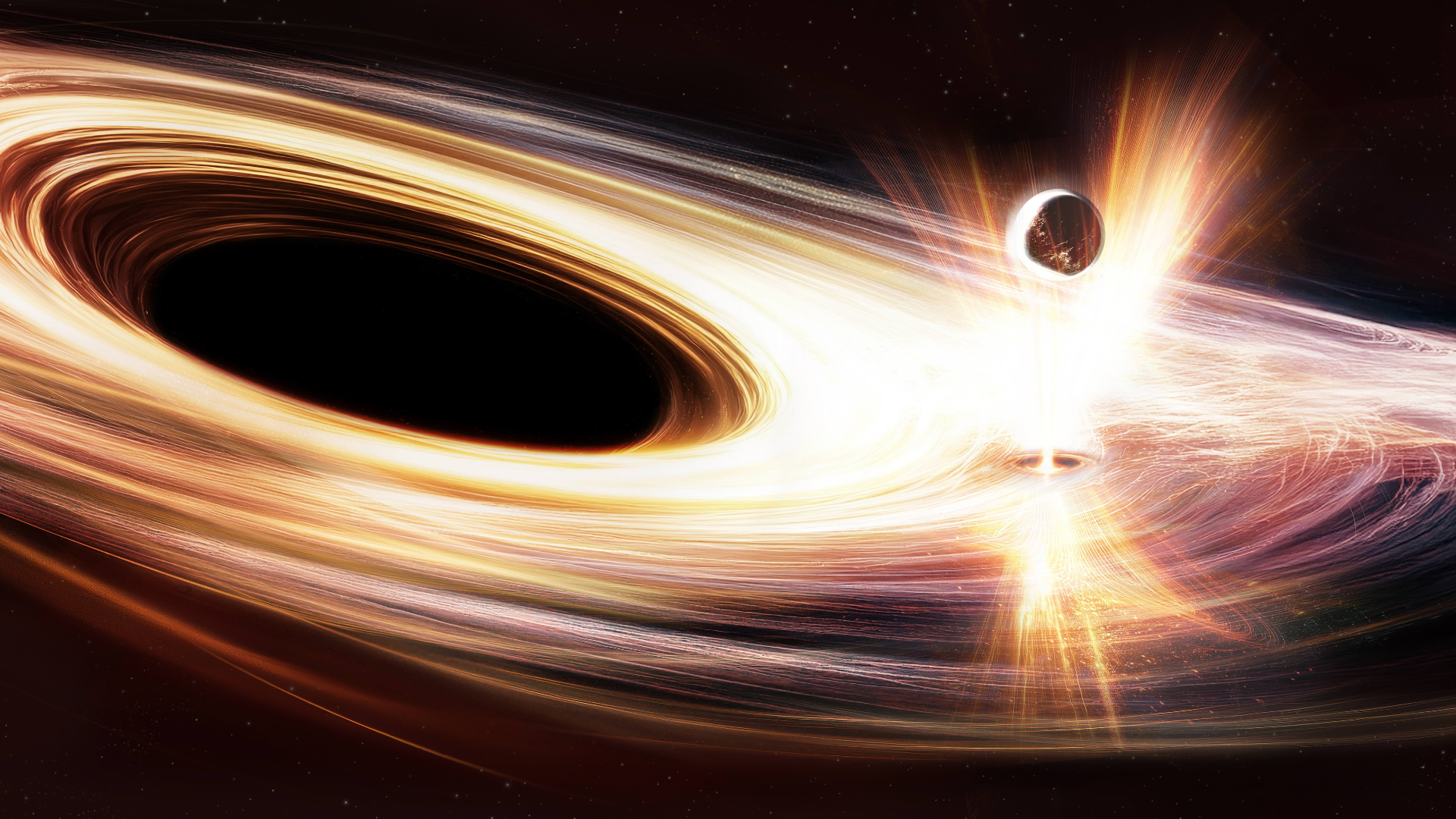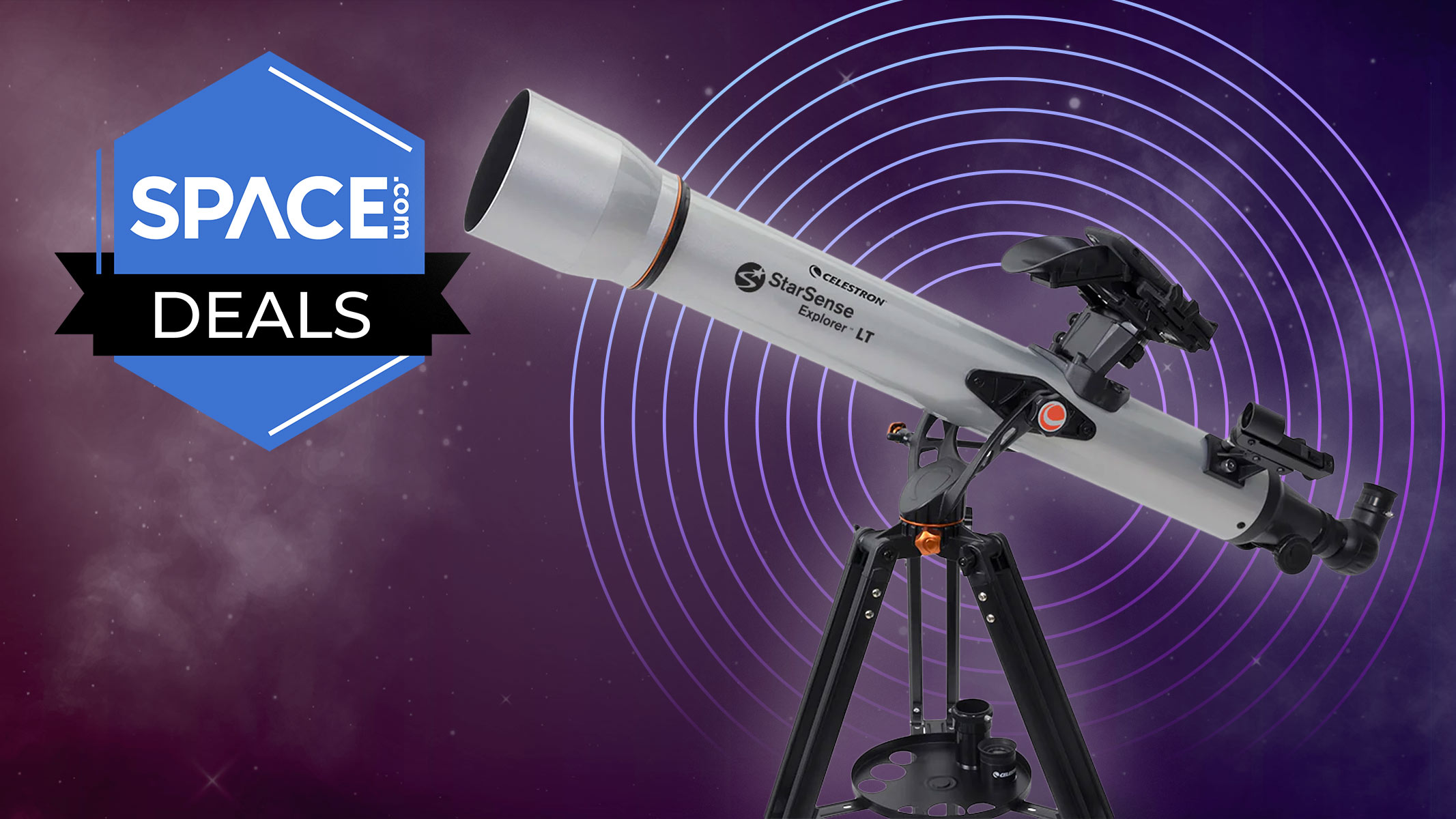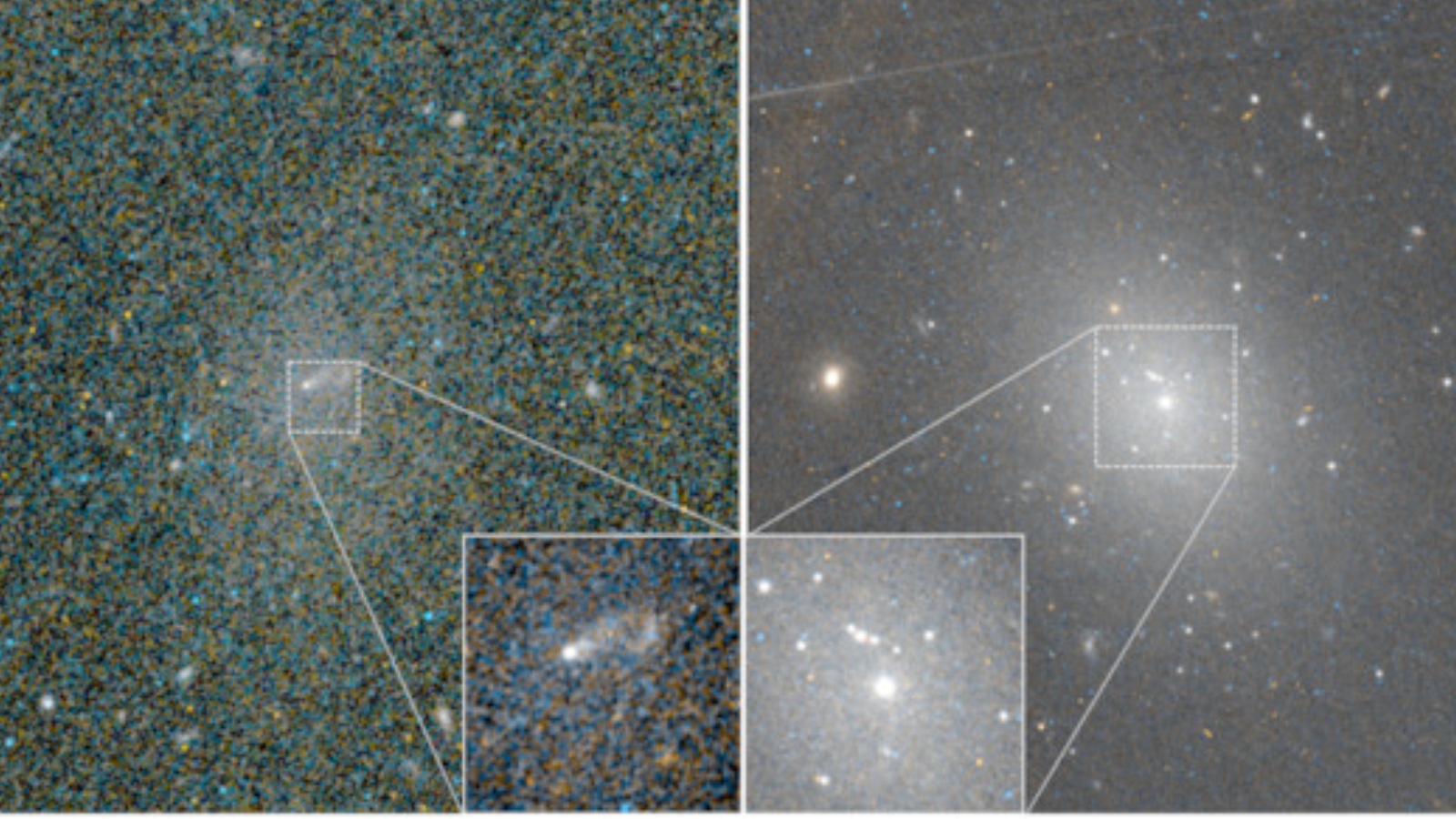NASA Parker Solar Probe nails close flyby of sun as its space weather cycle ramps up

NASA's Parker Solar Probe spacecraft kicked off the new year with another close approach to the sun on Sunday (Jan. 17) as the sun's activity picks up from a lull when the probe launched.
2021 will mark a busy year for the spacecraft, which will conduct a total of four close approaches to the sun, plus two Venus flybys, necessary steering maneuvers that will also allow the spacecraft to collect some bonus science observations.
The spacecraft made its previous close approach in September. And although the sun's activity gradually increased in 2020 with the arrival of a new solar cycle, dubbed solar cycle 25, that began early in 2020, the sun wakes up slowly, and the star only released its first major flare in three years in November.
Related: The sun fires off its biggest solar flare in more than 3 years
The 11-year solar cycle governs both the sun's activity and its influence around Earth and across the solar system. The more active the sun is, the more dark sunspots dot its surface; these are also the locations from which massive blasts of solar plasma, called coronal mass ejections, originate.
Parker Solar Probe made its closest approach to the sun at 12:39 p.m. EST (1739 GMT) on Sunday. At that point, the spacecraft was about 8.4 million miles (13.5 million kilometers) away from the sun's surface and traveling at nearly 290,000 mph (470,000 kph), according to the Johns Hopkins University Applied Physics Laboratory, which runs the spacecraft.
Next, on Feb. 20, the spacecraft will fly past Venus before making another close approach to the sun on Apr. 29. A second spacecraft, the U.S.-European Solar Orbiter, is also beginning its science work with good timing compared to the solar cycle.
Get the Space.com Newsletter
Breaking space news, the latest updates on rocket launches, skywatching events and more!
Email Meghan Bartels at mbartels@space.com or follow her on Twitter @meghanbartels. Follow us on Twitter @Spacedotcom and on Facebook.
Join our Space Forums to keep talking space on the latest missions, night sky and more! And if you have a news tip, correction or comment, let us know at: community@space.com.

Meghan is a senior writer at Space.com and has more than five years' experience as a science journalist based in New York City. She joined Space.com in July 2018, with previous writing published in outlets including Newsweek and Audubon. Meghan earned an MA in science journalism from New York University and a BA in classics from Georgetown University, and in her free time she enjoys reading and visiting museums. Follow her on Twitter at @meghanbartels.









